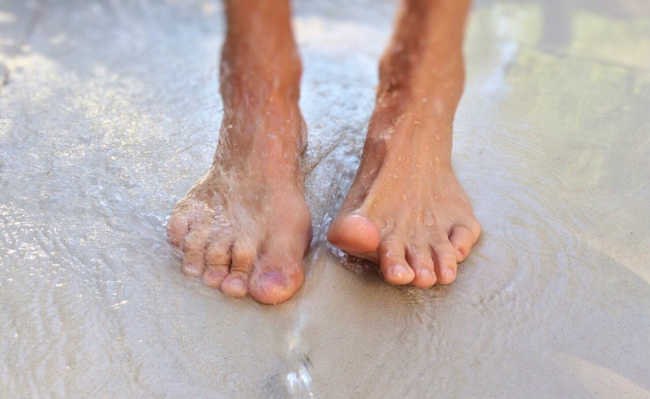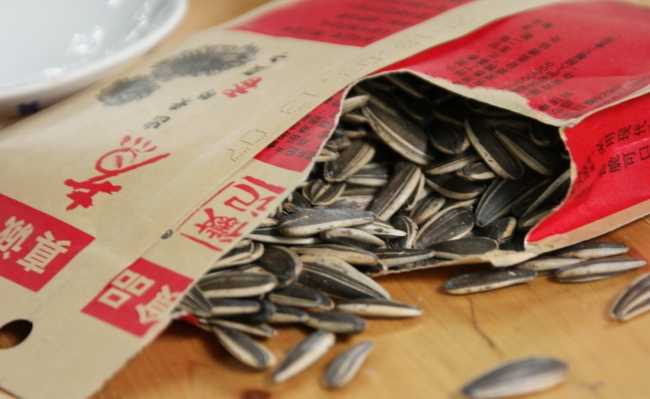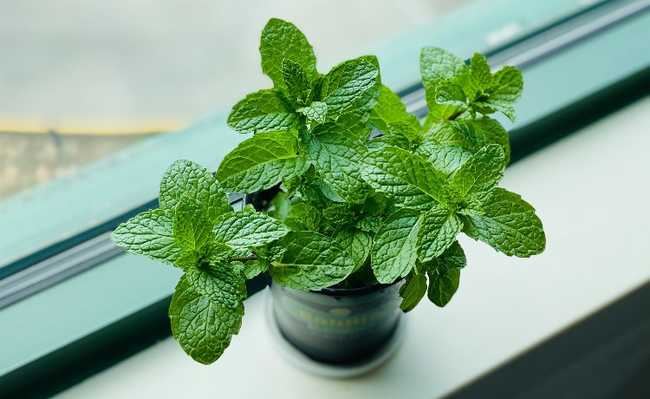12 tips for dealing with water shortages
Planning water consumption is essential in rotation and rationing time, check out the following tips to avoid running out of water for your basic needs

In times of water crisis, citizens need to adapt to the reality of dry taps. Check out some cool tips on how to deal with water shortages:
1. Install a waterbox monitoring system
With a system like this installed in your home, you prevent unforeseen events and manage to better manage the resources for your activities. The system Aquametrix notifies you of available water levels and you can plan to not run out of water for your basic needs (see more here).
2. Never save water for drinking and save the liquid for cooking and consuming
Hydration is essential to keep body functions up to date, especially when living in tropical climates. It is important to remember that, despite the need to conserve water, you should not reduce your fluid intake. Therefore, in order not to have to face the situation of turning on the faucet and not seeing any droplet falling from it, keep filters and water bottles full for drinking and cooking. Better safe than sorry.
3. Decrease the frequency of bathing
Don't be scared, we're not proposing poor hygiene! Taking a shower every day may not be as healthy a habit as you think. Excessive bathing can be harmful to your health, as we remove the layer of fat that is essential for the skin's lubrication. The places that need more frequent hygiene are the private parts, armpits, feet and hands. Therefore, in cases of extreme water deprivation to the point where a daily bath is not possible, get ready for a "cat bath" with efficient deodorants (preferably aluminum-free and natural), in addition to wet wipes and alcohol gel . Another good tip is to take shorter showers - there are even apps that help you with this task. But don't overdo it: bathing helps prevent illnesses and promotes good hygiene.
4. Collect gray water in every way possible
Gray water is any waste water that comes from household processes, such as washing dishes and laundry, as well as bathing. It is not potable, but can be used for most household tasks, such as flushing toilets, washing yards and cars, watering plants (if there is no detergent residues), etc.
To help you with this task, there are washing machine water reuse kits, but you can also put the good old bucket in the bathroom shower box when taking a shower, or put a bucket under the sink and disassemble the siphon from it to collect the water used for washing dishes, etc. But some precautions need to be taken when storing this water - it must be kept in a clean, closed place (it is essential to prevent to avoid dengue fever) and without light.
5. Set up an economical shower

If you didn't like the above idea and refuse to go without a daily shower, this idea could be a viable alternative to keep yourself fragrant. For those who have difficulty using the old mug bath method, this homemade shower can help a lot. You'll need a gallon, a piece of shower hose, and a water fountain faucet to assemble this cost-effective shower prototype. To bathe you will also need to have a support to place the gallon above your head.
6. Collect rainwater in cisterns
Collecting rainwater can save 50% on the water bill, and in times of scarcity it is essential to be able to carry out household chores. Rainwater is also not drinkable and should not be ingested. It can contain anything from dust and soot particles to sulfate, ammonium and nitrate. Click here to find out more about rainwater harvesting, its advantages, care necessary for using a cistern and how to purchase it.
7. Plan and calculate your water supply per person
When saving your drinking water available in the water tank, think about the amount each individual in the house needs for basic functions and don't forget to include your farm animals in the bill. According to the UN, it is possible to meet the basic needs of a person with 110 liters of water per day.
8. Can your plants
Off-season pruning can help reduce your plants' water consumption. With less volume of leaves and twigs, they will need less liquid.
9. Check your entire home hydraulic system
Checking for possible leaks and correcting problems is essential to avoid waste. A leak in the rationing season is a shot in the foot.
10. Rethink the way you do household cleaning
To clean the yard, a broom can do the job. To remove dust from surfaces, a duster and a damp cloth may suffice. If the situation is very bad, use a bucket of reuse water (it can be gray water or rainwater).
11. Find out about nearby places where you could find water
Map nearby areas where you could have access to water in critical situations, such as clubs, springs, lakes. One possibility is to take a shower at the gym or at a friend's house.
12. The consumer has the right to water supply
In cases of cut in water supply, the Brazilian Association for Consumer Protection (Protest) advises that the consumer should look for the responsible company. Failures in the water supply must be compensated with account discounts. Therefore, be aware of the number of times the supply interruption occurs. The amounts deducted from the invoice must be proportional to the time you are in need of water.








